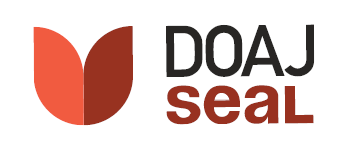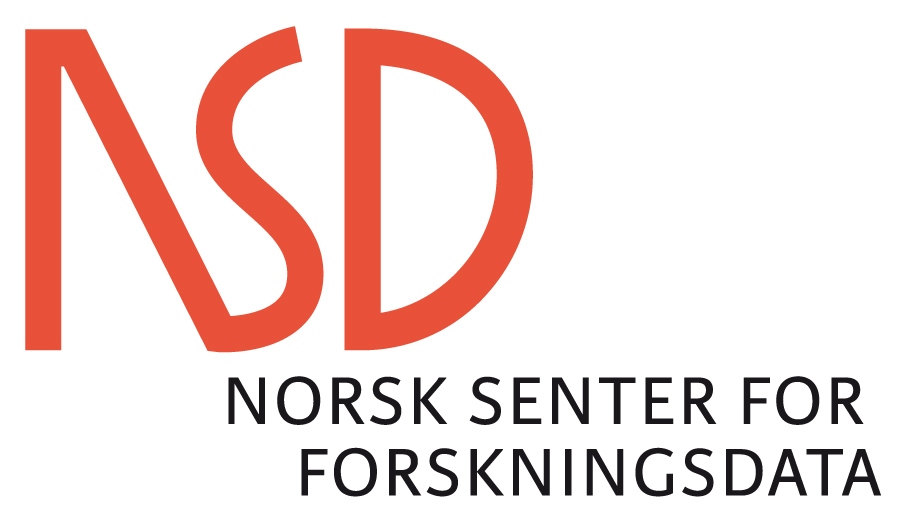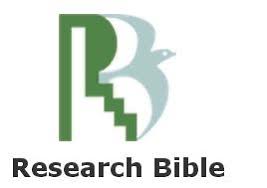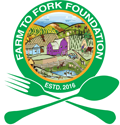Management of mustard aphids using eco-friendly control approaches
DOI:
https://doi.org/10.5455/faa.99729Keywords:
Lipaphis erysimi, sustainable management, cypermethrin, carbofuran, neem oil, mahogany oilAbstract
Mustard aphid, Lipaphis erysimi (Aphididae: Hemiptera) is one of the major constraints for mustard production in Bangladesh. Traditionally, a variety of broad-spectrum chemical insecticides are being used to control this pest which is detrimental to beneficial insects and the environment. Hence, sustainable management was required. In the present study, as an alternative to conventional insecticides, we have tested: insecticides claimed to be least toxic to the environment (cypermethrin and carbofuran), botanicals (neem
oil and mahogany oil) and two non-chemical measures (wood ash and wood ash combined with lime). Cypermethrin and neem oil followed by carbofuran were most efficient to minimize aphid infestations. Comparing to the untreated control plots, reduction of overall percent infestations of plants (74 - 79%), leaves (74 - 90%), twigs (48 - 61%) and pods (64 - 77%) were obtained through the application of cypermethrin, neem oil and carbofuran. Mahogany oil, wood ash solely and wood ash + lime were also found effective compared to the control plots. Therefore, cypermethrin and neem oil could be the first choice for the mustard growers followed by carbofuran to manage mustard aphids effectively. Mahogany oil followed by wood ash combined with lime and wood ash alone can be suggested only when aphid infestations remain at the lower level.
Downloads
Downloads
Published
How to Cite
Issue
Section
License
Copyright (c) 2021 by the author(s)

This work is licensed under a Creative Commons Attribution-NonCommercial 4.0 International License.





















